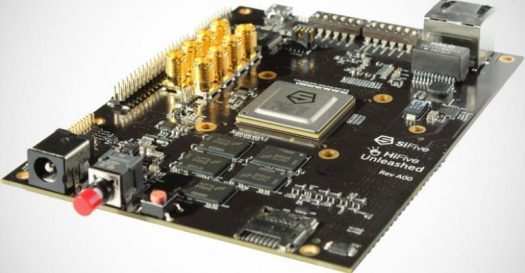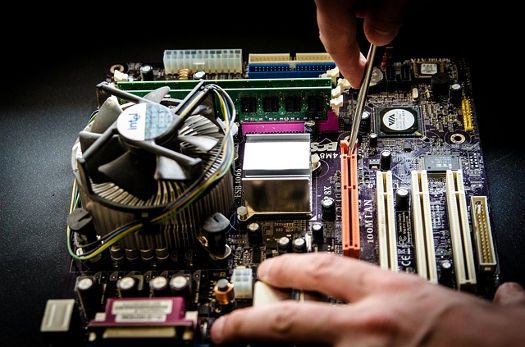The latest and greatest Raspberry Pi 400 no longer looks like a hacker board for the DIY crowd, but like a full-fledged desktop. We take it through it's paces to see if it lives up to its promise.
Posts published in “Hardware”
As open source hardware becomes a real thing, companies work to redesign the keyboard from the ground up using open designs.
From the open source RISC-V processor and Open Compute Project server designs to prosthetics and other items made with 3D printers, open source hardware is here to stay.
Our irrepressible Phil Shapiro thought you might like to hear something on the Fourth that isn’t a national anthem or the 1812 Overture. And who knew he could sing or play an instrument? We’re considering renaming his column, The Penguinista Minstrel.

The Screening Room
Every jump in computer resolution technology brings with it a cornucopia of new creative and business opportunities. When I noticed recently that an affordable 4K hobby computer board was being launched on Kickstarter, I felt moved to compose this song — Mine Eyes Have Seen the Glory of the Coming of the 4K Board.
For the past 10 years, Phil has been working at a public library in the Washington D.C.-area, helping youth and adults use the 28 public Linux stations the library offers seven days a week. He also writes for MAKE magazine, Opensource.com and TechSoup Libraries. Suggest videos by contacting Phil on Twitter or at pshapiro@his.com.
Open source driving a single wheel. Now, that’s a balancing act. Look at this open source unicycle motor.
The Screening Room

My open source buddy Kevin Cole, who lives in Washington DC and shows up to just about every tech event in the DC-area, loves riding a unicycle. So when I spotted this new YouTube video about an open source unicycle motor, a broad smile crossed my face.
For the past 10 years, Phil has been working at a public library in the Washington D.C.-area, helping youth and adults use the 28 public Linux stations the library offers seven days a week. He also writes for MAKE magazine, Opensource.com and TechSoup Libraries. Suggest videos by contacting Phil on Twitter or at pshapiro@his.com.
It occurs to us that the iCub might be the perfect companion for an only child. Probably cheaper in the long run than a little brother or sister, and it can be turned off at night.
The Screening Room
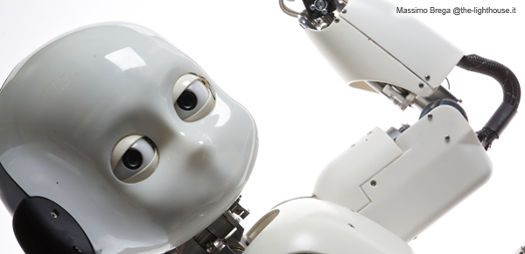
Apparently, the iCub open-source robot can be taught anything a 4-year-old can learn. I wonder if it can be taught to whine annoyingly, be unkind to its little sister, refuse to go to bed at night, wake up its parents too early in the morning, etc.
For the past 10 years, Phil has been working at a public library in the Washington D.C.-area, helping youth and adults use the 28 public Linux stations the library offers seven days a week. He also writes for MAKE magazine, Opensource.com and TechSoup Libraries. Suggest videos by contacting Phil on Twitter or at pshapiro@his.com.
After being unveiled in London last June, Bluetooth 5 was officially released on December 7, with a lot of features for IoT devices. The Screening…
Considering that System76 chose to unveil its new design plans to The Linux Gamer — no invite went to FOSS Force, BTW — we can’t help but wonder if a System76 Steam Machine isn’t in the works.
The Screening Room
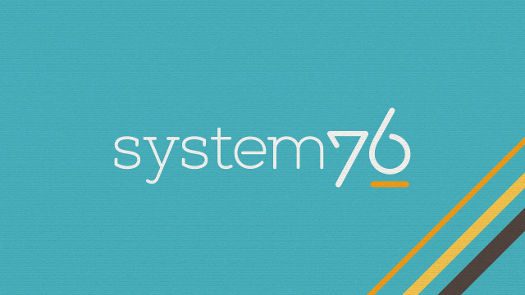
Gardiner Bryant, famed Linux gamer in Maine, recently produced this interesting video hinting at upcoming new Linux hardware from System 76.
For the past 10 years, Phil has been working at a public library in the Washington D.C.-area, helping youth and adults use the 28 public Linux stations the library offers seven days a week. He also writes for MAKE magazine, Opensource.com and TechSoup Libraries. Suggest videos by contacting Phil on Twitter or at pshapiro@his.com.
Based on this video, it appears as if this Chromebook from Samsung would be a great machine with GNU/Linux installed on it.
The Viewing Room
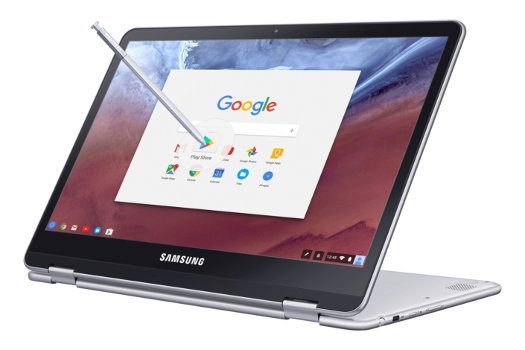
When watching this video, imagine how nice this Chromebook would be with a full Linux install.
For the past 10 years, Phil has been working at a public library in the Washington D.C.-area, helping youth and adults use the 28 public Linux stations the library offers seven days a week. He also writes for MAKE magazine, Opensource.com and TechSoup Libraries. Suggest videos by contacting Phil on Twitter or at pshapiro@his.com.



